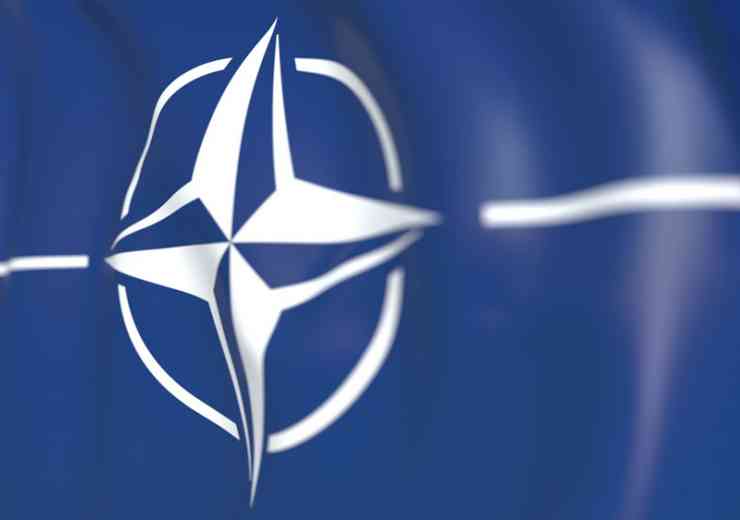UK & Germany sign defence agreement

The UK and Germany have signed a new defence agreement.
The Trinity House Agreement aims to strengthen national security and economic growth in the face of growing Russian aggression and increasing threats.
It is hoped the partnership between Europe’s two biggest defence spenders will help drive investment into the UK.
A new artillery gun barrel factory is to be opened in the UK, supporting more than 400 jobs and providing nearly a half-a-billion-pound boost to the British economy.
The two countries will work together on a range of defence projects and across all domains (air, land, sea, space and cyber). The work will include collaborating to rapidly develop brand-new extended deep strike weapons that can travel further with more precision than current systems.
Defence secretary John Healey MP said: "The Trinity House Agreement is a milestone moment in our relationship with Germany and a major strengthening of Europe’s security.
"It secures unprecedented levels of new cooperation with the German Armed Forces and industry, bringing benefits to our shared security and prosperity, protecting our shared values and boosting our defence industrial bases.
"This landmark agreement delivers on the Government’s manifesto commitment to strike a new defence relationship with Germany – less than four months since winning the election in July – and we will build on this new cooperation in the months and years ahead.
"I pay tribute to our negotiating teams who have worked hard at pace to deliver this."
German defence minister Boris Pistorius said: "The UK and Germany are moving closer together. With projects across the air, land, sea, and cyber domains, we will jointly increase our defence capabilities, thereby strengthening the European pillar within NATO. We can only strengthen our ability to act together. This is why our cooperation projects are open to other partners.
"We must not take security in Europe for granted. Russia is waging war against Ukraine, it is increasing its weapons production immensely and has repeatedly launched hybrid attacks on our partners in Eastern Europe.
"With the Trinity House Agreement, we are showing that the NATO Allies have recognised what these times require and are determined to improve their deterrence and defence capabilities. As it lays the foundation for future projects, the Trinity House Agreement is an important contribution to this. It is particularly important to me that we cooperate even more closely to strengthen NATO’s eastern flank and to close critical capability gaps, for instance in the field of long-range strike weapons."






















